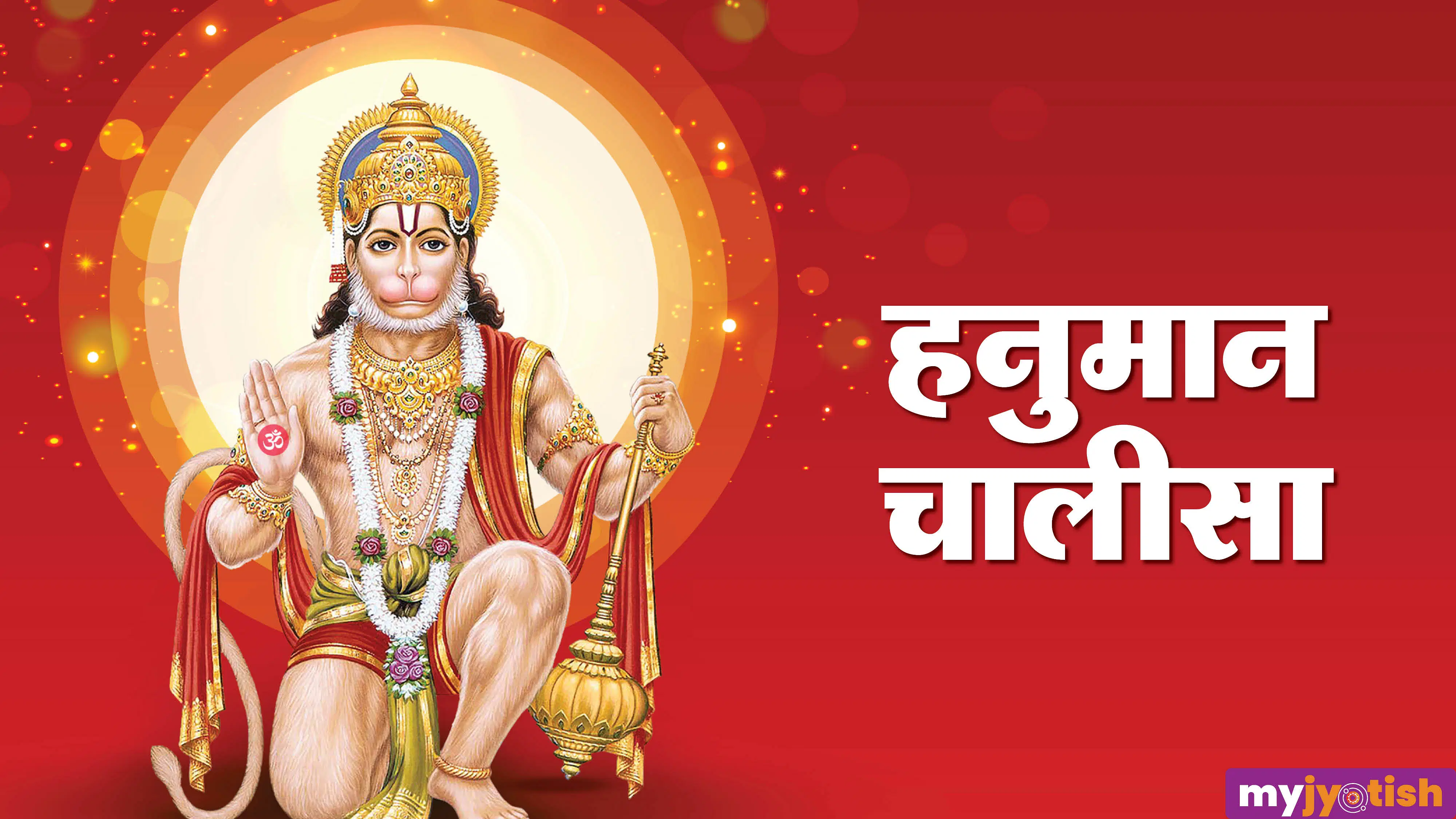Who Wrote Hanuman Chalisa? The Story Behind the Devotional Masterpiece

Introduction
Hanuman Chalisa is one of the most widely recited devotional hymns in India and across the world. Dedicated to Lord Hanuman, this spiritual composition is known for its power to remove obstacles, bring inner strength, and protect devotees from negative energies. But a question often arises in the minds of devotees — who wrote Hanuman Chalisa? To truly appreciate this sacred hymn, it is important to know about its origin, the saint who composed it, and the divine inspiration behind it.
The Poet Behind Hanuman Chalisa
The Hanuman Chalisa was composed by Sant Goswami Tulsidas, one of the greatest poets and saints of India. Tulsidas was a 16th-century poet-saint, philosopher, and devotee of Lord Rama. He is best remembered for his epic Ramcharitmanas, a retelling of the Sanskrit Ramayana in the Awadhi language, making it accessible to the common people.
Tulsidas is believed to have written the Hanuman Chalisa while he was facing difficult times. Devotees say that Lord Hanuman himself appeared before him and blessed him with divine strength and wisdom. The Chalisa, written in Awadhi, consists of 40 verses (hence the name “Chalisa”) that praise the virtues, strength, and devotion of Lord Hanuman.
The Significance of Hanuman Chalisa
The Hanuman Chalisa is more than just poetry; it is a spiritual guide. Each verse highlights Hanuman’s qualities such as courage, loyalty, wisdom, humility, and selfless devotion to Lord Rama. For centuries, it has been believed that reciting this Chalisa can:
-
Remove fear, negativity, and obstacles.
-
Bring peace of mind and spiritual strength.
-
Grant protection from evil forces.
-
Inspire devotion and humility in life.
Because of these immense benefits, people of all ages and regions chant Hanuman Chalisa daily, often early in the morning or before important tasks.
Hanuman Chalisa Across Languages
Although originally written in Awadhi, Hanuman Chalisa has been translated into many Indian languages so that everyone can connect with its essence. Devotees from Karnataka, for instance, recite Hanuman Chalisa lyrics in Kannada with the same devotion and reverence as those who chant it in Hindi or Awadhi. The beauty of this sacred hymn is that its spiritual power transcends language, making it universally loved.
Hanuman Chalisa in Assamese Tradition
The devotion to Lord Hanuman is not limited to North India; it is equally strong in the eastern states like Assam. Many devotees there prefer to chant Hanuman Chalisa in Assamese to experience the spiritual energy in their native language. Chanting in Assamese not only makes the verses easier to understand but also creates a deeper emotional bond with Lord Hanuman. This regional connection helps spread the power of Hanuman Chalisa to every corner of the country.
Why Did Tulsidas Write the Hanuman Chalisa?
The story of Tulsidas composing the Chalisa is both divine and inspirational. It is believed that Tulsidas was once imprisoned by the Mughal emperor due to his devotion. While in prison, he composed the Hanuman Chalisa as a prayer to Lord Hanuman. Miraculously, within a short time, the emperor’s palace was overrun by monkeys, causing chaos. Realizing Hanuman’s power, the emperor released Tulsidas.
This incident further reinforced the belief that reciting Hanuman Chalisa invokes the divine presence of Lord Hanuman and brings protection in times of distress.
Relevance of Hanuman Chalisa Today
Even after centuries, Hanuman Chalisa continues to be relevant. In today’s fast-paced world, people are constantly searching for peace, courage, and stability. The verses of the Chalisa provide not only spiritual benefits but also mental clarity and focus. From students preparing for exams to professionals facing challenges at work, chanting Hanuman Chalisa offers strength and positivity.
Conclusion
The answer to who wrote Hanuman Chalisa takes us back to the devotional legacy of Sant Tulsidas, whose spiritual vision and poetic brilliance gifted us this eternal hymn. What began in the Awadhi language has now become a universal chant, spreading across cultures and regions in India. Whether you chant Hanuman Chalisa lyrics in Kannada or prefer the verses of Hanuman Chalisa in Assamese, the devotion and blessings remain the same. This timeless composition continues to unite millions of devotees in their love and reverence for Lord Hanuman ji.





